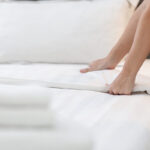Sleep takes up more than half of our day, every day. To ensure a good night’s rest, the bedding plays a crucial role. During winter, bed sheets are a must-have for every bed. As we sleep, our skin comes into direct contact with the sheets, and if they are not cleaned daily, they can easily accumulate oil secreted by the skin, leading to bacteria and dust mites over time. For those with sensitive skin, this can result in itching and rashes. Therefore, it’s safe to say that the cleanliness of our bed sheets can impact our daily lives.

For convenience, many people tend to throw their bed sheets directly into the washing machine. While this approach is practical, it may not effectively eliminate all bacteria and dirt. However, there are some tricks to enhance the cleaning process by adding a few solutions to the water, making the sheets look brand new. Today, we will share three methods to clean your bed sheets, ensuring a thorough yet effortless wash.
1. Vinegar + Baking Soda + Salt
Firstly, soak the bed sheets in water and then add baking soda, salt, and vinegar. Baking soda is a powerful disinfectant, while white vinegar can help soften stains, making them easier to remove. Adding salt will prevent the sheets from fading and lock in their color. Vinegar and salt also have antibacterial properties. Incorporating these ingredients into the wash will help maintain the sheet’s color and eradicate most bacteria, making it easier to eliminate dirt.
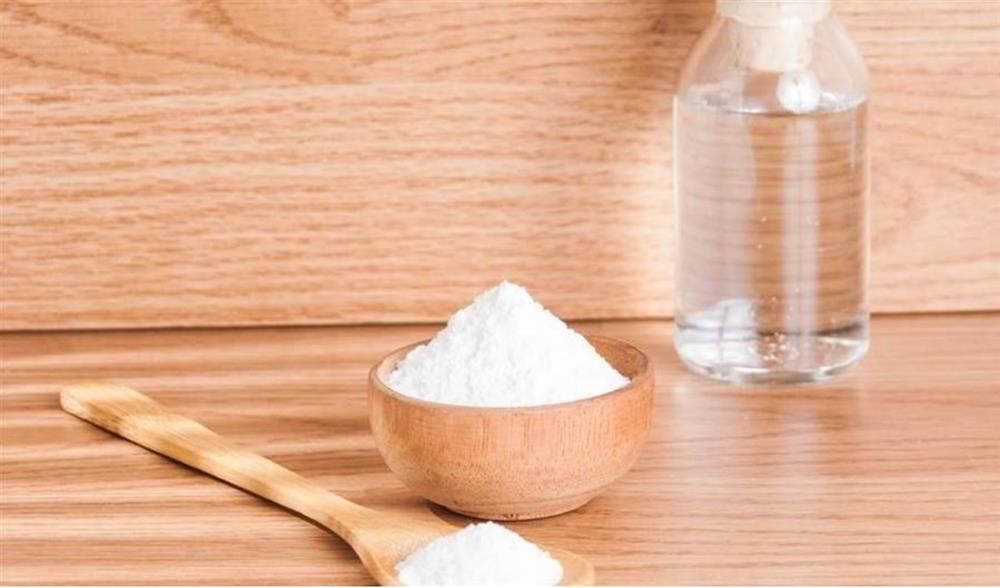
2. White Radish Juice
Blood stains on bed sheets can be challenging to remove as the blood seeps into the fabric fibers and becomes difficult to eliminate with regular detergent or hand washing.
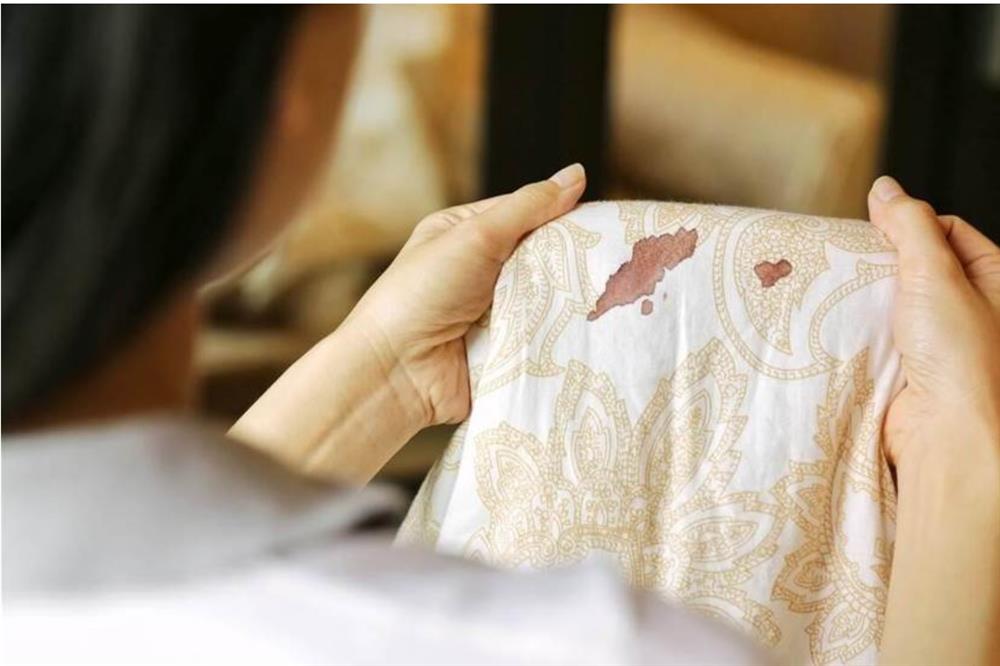
White radish juice contains a substance that can dissolve blood stains without damaging the sheets. Simply buy white radishes, extract their juice, and pour it into the washing water. Proceed with your regular wash, and the blood stains will disappear.
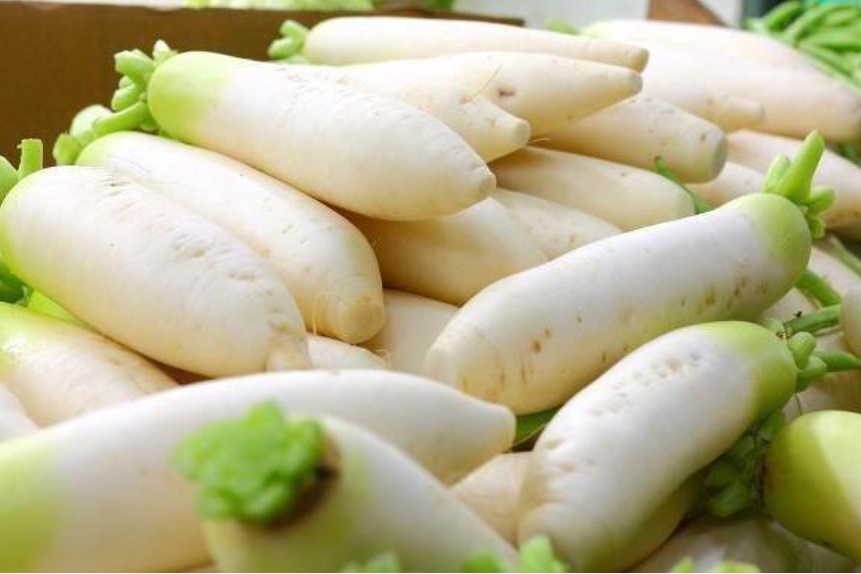
3. Orange Peels + Rice Water
Both orange peels and rice water have natural cleansing properties, especially effective against yellow stains on bed sheets. Additionally, orange peels leave a pleasant fragrance, eliminating any unpleasant odors from the sheets.
Instead of adding orange peels directly to the water, boil them with rice water in a pot first, then remove the peels. Soak the stained sheets in this boiled water, allowing the extracts from the peels and rice water to lift the stains at a higher temperature. Afterward, put them in the washing machine and wash as usual for a quick and efficient clean.
Notes on Using Bed Sheets
1. If you’re using new bed sheets, it’s advisable to wash them before your first use to get rid of any surface glue, bacteria, or dye.
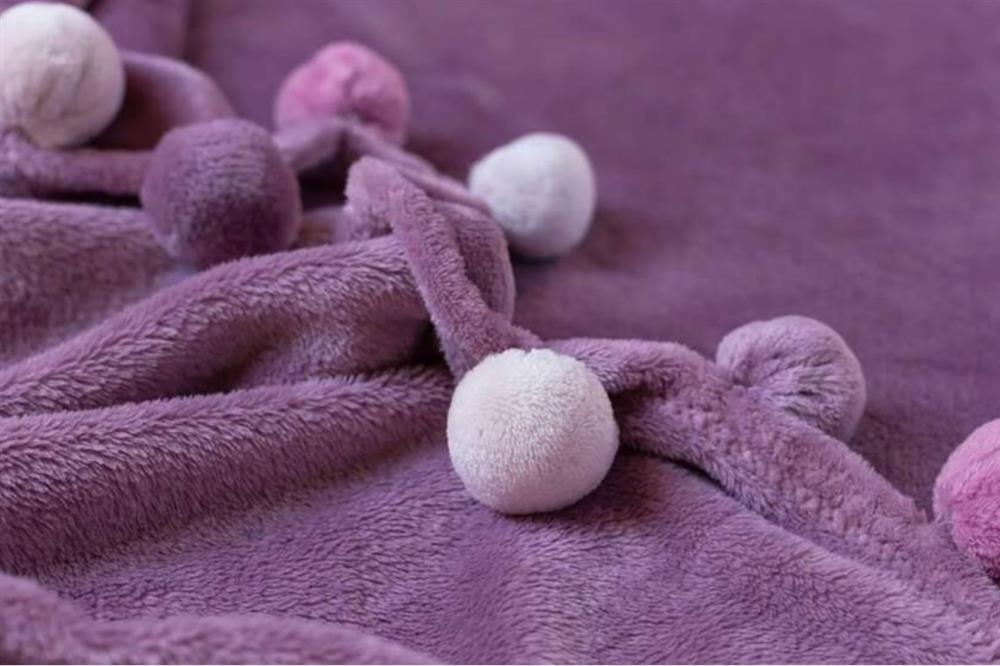
2. When cleaning cotton bed sheets, avoid pouring detergent directly onto them. Instead, dissolve the detergent in water first and then use this solution for washing. If you apply detergent directly, it may not dissolve completely and could leave white residue on the sheets, making them look dirtier.
3. It’s easier to wash the sheets after soaking them, but the soaking time should not exceed 30 minutes, and the water temperature should not be higher than 40 degrees Celsius. After washing, ensure you dry the sheets promptly to prevent bacterial growth.
By An Nhien – Vietnamnet
The Ultimate Guide to the Two Familiar Veggies That Are Often Doused in Pesticides, Yet Remain a Favorite Among Vietnamese Foodies.
Introducing the world of vegetables – a colorful, tasty, and essential part of any family meal. While some vegetables are familiar favorites, it’s important to navigate through the maze of options and avoid those drenched in pesticides. Stay tuned for tips on how to make wise choices and keep your family safe from these harmful chemicals.





























